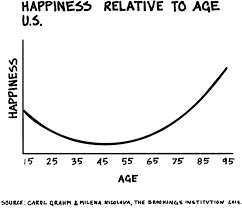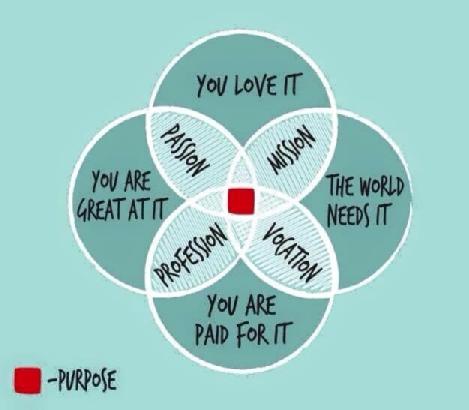Do you really care if you live to old age or not?

Please forgive me for taking a shortcut this week. We have spent an exhausting week moving to another home and I haven’t had the energy or bandwidth to push any creative content buttons.
I’m reposting an article I submitted a few weeks ago to a question on Quora.com that has been garnering some attention. Hope you find some value in these ramblings.
The question was:
” Do you really care if you live to old age or not?”
My response:
Sure I care if I live to old age, whatever that is. Why wouldn’t I? I’ve been given the gift of life, so why not try to take it to the max. I’m 79, intend to live past 100, and try to gear my lifestyle to doing the things that will enhance my chances of getting there.
Will I get there? I don’t know. My “front nine” lifestyle would say that getting there on my “back nine” might make it tough. Nonetheless, what I do know is that I’ve got today and I’ll live it out and do the same tomorrow. One day at a time trying to do the right things to and for my biology and moving forward with a mission and a sense of purpose.
What is old age?
Can you define it for me? Is it 60 or older as most people would still be inclined to say? Is it 79, like me? To a 50- or 60-year old, I suppose I would be considered old. But to a centenarian, I’m still a “young adult.”
My point is, age is a mindset. It can be either chronological – which is where most people come from – or it can be functional, which is a much healthier perspective.
For most folks, the prospect of getting old is fearful and disturbing. Theirs is a vision of nursing homes, walkers, oxygen tubes, wheelchairs, and drool cups. For others – a minority still – it’s a time of continued growth, vitality, creativity, and contribution, up to the point of true old age where we do a 180 back to total dependence.
Fate vs choice.
There was a time, not long ago, when we considered our lifespan a matter of “fate”, God’s will. We knew little about how to do the things that could affect our longevity. We now know that it’s no longer “fate” but “choice” that can play a big role in determining both the years in our life and the life in our years.
So, I’m going on this ride as long as I can. I know I will need resilience along the way because there will be setbacks, be those losses of loved ones, illnesses, or other calamities. But I know that continued engagement in the form of work will contribute mightily to how well I live out the final chapters.
I started a business at age 60 and am starting another and different one at age 79. I’m truly inspired to get up each morning and, frankly, don’t dedicate any mental bandwidth to thinking about whether I’m old or not. I’m having too much fun.













